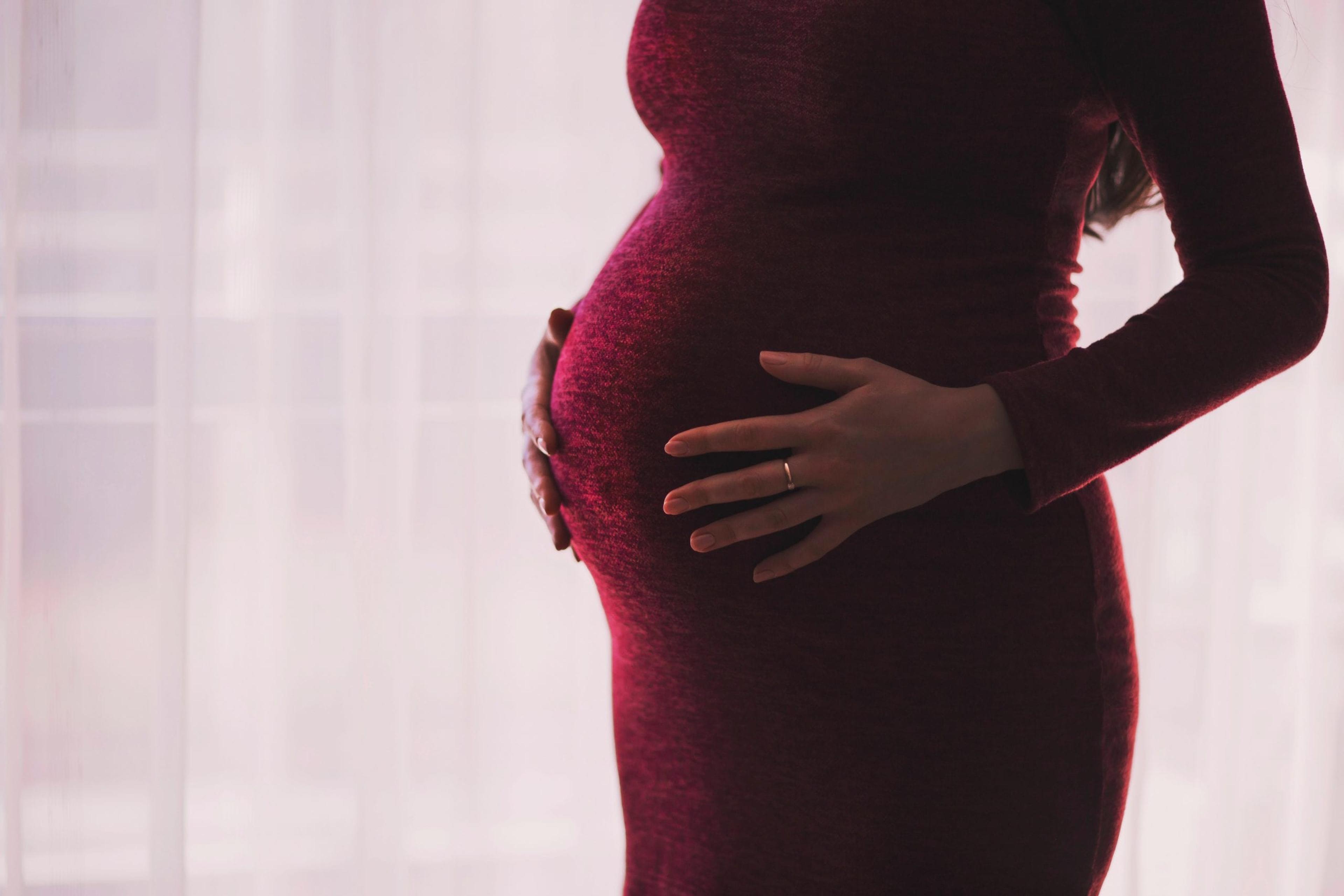Maternal Vaccinations Guide

Haley Galindo
| 4 min read
I am going into my 4th year at Michigan Technologica...

If you’re pregnant or thinking about starting a family, it’s important to make sure you are caught up on all necessary vaccinations. When you are pregnant, you share everything with your baby, including protection from diseases after receiving vaccinations. The two most important vaccinations are the ones that prevent the flu and whooping cough. Always be sure to talk to your doctor before obtaining any vaccinations. The following are a few questions you may have leading up to your pregnancy about vaccinations.
Are there vaccinations I should be caught up on before trying to become pregnant?
- MMR vaccine – This vaccine protects against measles, mumps and rubella, which is a contagious disease that could potentially cause birth defects or a miscarriage. If you're thinking about starting a family, it's a good idea to get this vaccination at least one month before becoming pregnant.
What vaccinations should I get during my pregnancy?
- Tdap vaccine – This vaccine protects against tetanus, diphtheria and pertussis, also known as whooping cough. It is recommended that pregnant mothers get this vaccine between 27 and 36 weeks. This vaccine helps your body produce new antibodies, which are passed off to your baby to protect them from whooping cough during the pregnancy and for a short amount of time after birth. It’s important to get this shot during each pregnancy because your baby needs to wait two months after they are born to receive their own whooping cough shot.
- Flu shot – This vaccine protects against influenza, also known as the flu. Pregnant women are more prone to catching the flu than women who are not pregnant, so it’s crucial to receive the flu shot during each pregnancy. The flu vaccine is recommended during any trimester for pregnant women. It is important because it protects you, along with your baby from the flu during pregnancy and for a couple of months after birth.
Do I need any other vaccinations?
The three vaccinations listed above are the most important to receive before and during your pregnancy. Depending on the situation, vaccines for hepatitis B, hepatitis A and meningococcal disease may be offered once the benefits and risks are identified by your doctor. Vaccines may also be needed before travel, so be sure to check with your doctor beforehand.
Should my child’s caregiver, nanny or grandparents get vaccinations?
It is recommended that caregivers, such as nannies or babysitters of a young child get a flu vaccine. Flu shots are given annually, improving protection for the caregiver and therefore the child. It is especially important if the caregiver is watching a child of six months or younger because that is when the child is at the highest risk of obtaining the flu. Grandparents may also want to consider additional vaccinations if they plan on spending a lot of time with their infant grandchild. A few vaccinations grandparents should look into receiving are Tdap, MMR, Pneumonia, shingles and a flu shot.
What vaccinations does my child need for six months after birth?
- Directly after birth – The 1st dose of hepatitis B is administered.
- One to two months – The 2nd dose of hepatitis B (HepB) and 1st doses of diphtheria, tetanus and whooping cough (DTaP); haemophilus influenza type b (Hib); polio (IPV); pneumococcal (PCV13) and rotavirus (RV) are administered.
- Three to four months – The 2nd doses of HepB, DTaP, Hib, IPV, PCV13 and RV are administered.
- Five to six months – The 1st dose of Influenza (Flu), which is repeated yearly and the 3rd doses of DTaP, Hib, IPV, PCV13 and RV are administered.
Long story short, before and during pregnancy, it is crucial to receive the MMR, Tdap and flu vaccinations. Other than those, be sure to talk to your doctor about other vaccinations you may need. It is important to make sure grandparents and caregiver, babysitter, or nanny of your child gets a flu shot annually to help keep your baby healthy. Also, be sure you are up-to-date on the vaccines your baby will need after birth. Did you enjoy this post? If so, check these out:
- Saving Lives Through Better Maternal Health
- The Expectant Mother's Go-to Guide to Medications
- 4 Reasons Everyone Should Get A Flu Shot
Photo credit: freestocks.org from Pexels





